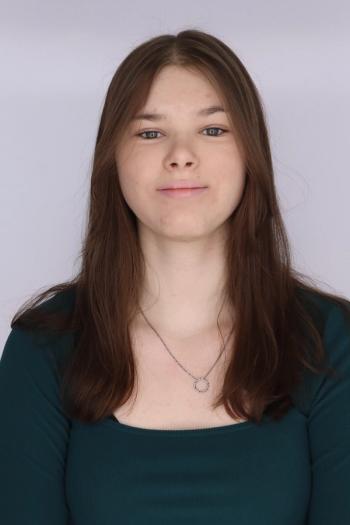
Testing seafood for oil contamination
Agilent Technologies and Mississippi State University (MSU) have announced an analytical method developed at MSU that will be used to test seafood from the Gulf of Mexico for evidence of oil contamination.
Agilent Technologies and Mississippi State University (MSU) have announced an analytical method developed at MSU that will be used to test seafood from the Gulf of Mexico for evidence of oil contamination, pending review from the US Food and Drug Administration. The university recently received a GC–MS–MS PAH analyser from the company that is used to determine levels of polycyclic aromatic hydrocarbons (PAHs), the primary oil contaminants that affect seafood.
"Repetition and precision in the testing process are essential," said associate professor Kang Xia, who also serves as director for the Research Division and the Industrial and Agricultural Services Division of the Mississippi State Chemical Lab. "The lab's current instrument isn't reliable. It is over 10 years old and has suffered numerous mechanical and software failures due to its advanced age and heavy use. Agilent's GC–MS–MS PAH analyser will prevent this from happening."
The company claims that the analyser shortens the turnaround time between testing a sample and providing results to regulatory agencies. This method is reported to takes less time than the method currently used by the National Oceanic and Atmospheric Administration, which takes five to six days.
"It is critical that Mississippi State and similar research facilities tasked with monitoring the safety of seafood in the Gulf have the most advanced technology available," said Mike McMullen, president of Agilent's Chemical Analysis Group. "Agilent has a long history of providing leading technologies in hydrocarbon processing, environmental and food safety testing, all key areas of response in the Gulf. Within weeks of the spill, our scientists had developed turnkey solutions to immediately improve productivity and analytical performance."
For more information visit
Newsletter
Join the global community of analytical scientists who trust LCGC for insights on the latest techniques, trends, and expert solutions in chromatography.




